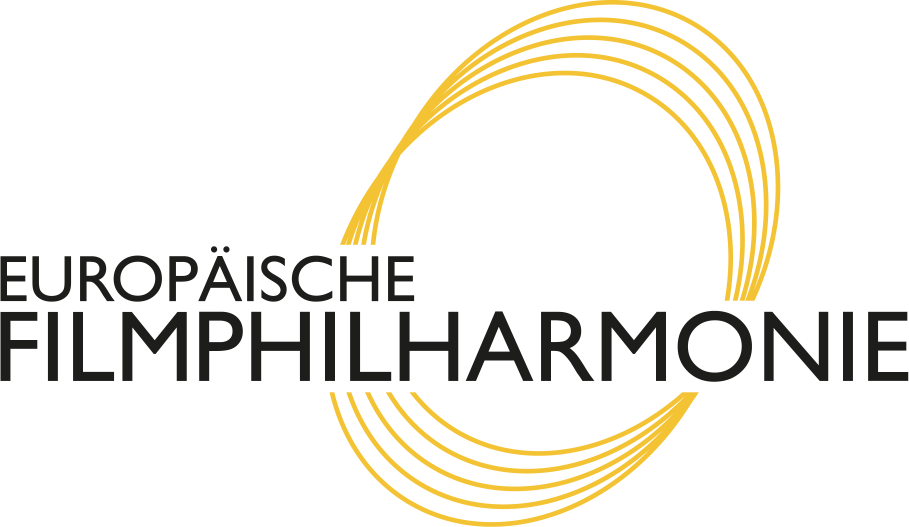Sergei Eisenstein’s OCTOBER, created for the tenth anniversary of the October Revolution of 1917, set radical new aesthetic standards. With the help of “intellectual montage” the film presented historical events as an explosive process of liberation from long repression and, as such, fell under the notorious verdict of formalism by means of which nearly all films of the Soviet avant-garde were banned from cinemas.
The film was locked away until the 1960s, yet its authentic revolutionary images were in circulation and used as documentary material in the absence of original recordings. A thorough reconstruction took place at the State Film Archive Gosfilmofond in the mid-1960s. The Munich Film Museum‘s new digital HD restoration is based on this version, which Gosfilmofond acquired and photographically improved upon with material from the EYE Film Institute in Amsterdam and Berlin’s Federal Archive.
The great rediscovery is the reconstructed film score by Edmund Meisel, who first composed for an Eisenstein film in 1926. As with PANZERKREUZER POTEMKIN, the music for the German version of the film was also created for OKTOBER. Meisel planned his music “according to a recorded system of increases designed to underscore the progressive action.” The result is a highly innovative film score that, with its noisy sonorities and rhythms, seems like a harbinger of punk and techno music.
Meisel‘s film music arose for the (shorter) German version of the film TEN DAYS THAT SHOOK THE WORLD, which caused sharp controversy upon its premiere in April 1928. The score was reconstructed based on material stored in the Russian State Archive.
Edmund Meisel (1894-1930) has made a name for himself as a composer of epoch-making film scores such as PANZERKREUZER POTEMKIN, BERLIN. DIE SINFONIE DER GROSSSTADT and OKTOBER have had a significant impact on film history. Meisel experimented with new technologies of musical accompaniment in theater and cinema, wrote 14 stage scores and 10 compositions for silent and sound films, he conducted, made radio plays, recordings and studio productions. When he died in 1930, the film world lost one of its most prolific composers. In the Berliner Tageblatt, Leo Hirsch wrote: “Meisel was a musician who composed with his eyes, as it were, the only born film composer. His style made school, his rhythm fashionable.”

